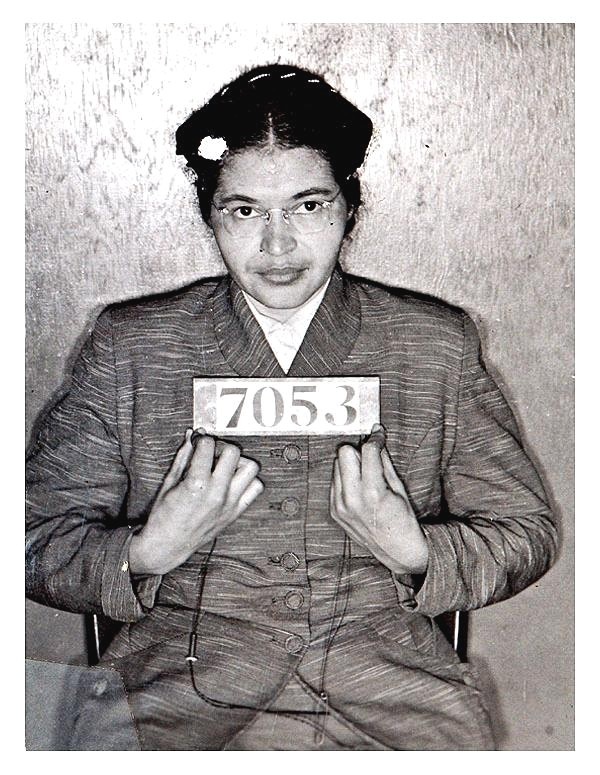Stayed on Freedom

December 1, 2005 marks the 50th anniversary of the Montgomery Bus Boycott. That's the day when Rosa Parks, a former secretary for the local NAACP, boarded the Cleveland Avenue bus in downtown Montgomery, and refused to give up her seat for a white passenger.
The boycott quickly became a turning point in U.S. history -- although, as long-time civil rights activist Julian Bond (a founder of the Institute for Southern Studies, and now chair of the NAACP) notes:
"[The boycott] didn't break out of the Montgomery news media until 1956. The bus boycott continued on for several months before the rest of the world really knew what was going on or knew there was a person named Martin Luther King involved in it."
The world may have been oblivious, but the boycott developed into a massive, sustained campaign for justice, with over 42,000 African-Americans (60% of the bus system's ridership) taking taxis, carpooling, and walking the hostile streets of Montgomery for transportation for 381 days. It also launched the career of Martin Luther King, Jr., and led to a landmark Supreme Court decision in 1956 declaring segregated seating on buses unconstitutional.
More importantly, it was one of the opening salvos of a movement that would permanently change the South and the country.
There are lots of hidden stories and unsung heroes in the drama that was the Montgomery Bus Boycott, a favorite subject of mine that I'll likely blog more about in the coming weeks. In the meantime, here's a short piece that captures some of the history around Ms. Parks' famous decision and a movement that transformed our country.
Tags
Chris Kromm
Chris Kromm is executive director of the Institute for Southern Studies and publisher of the Institute's online magazine, Facing South.
